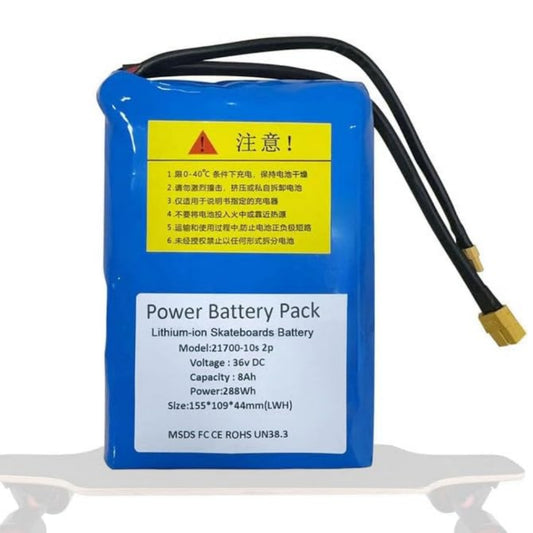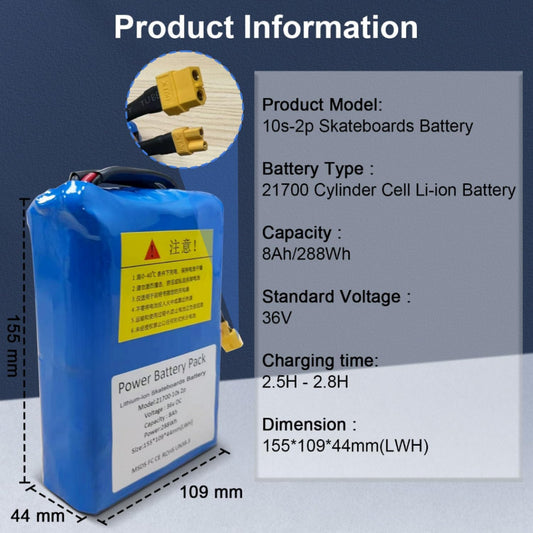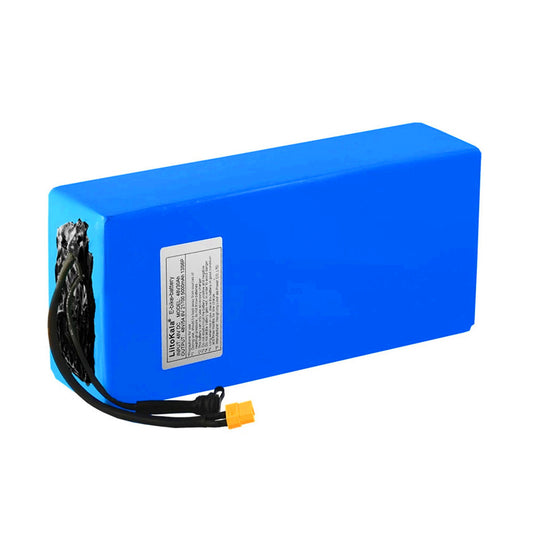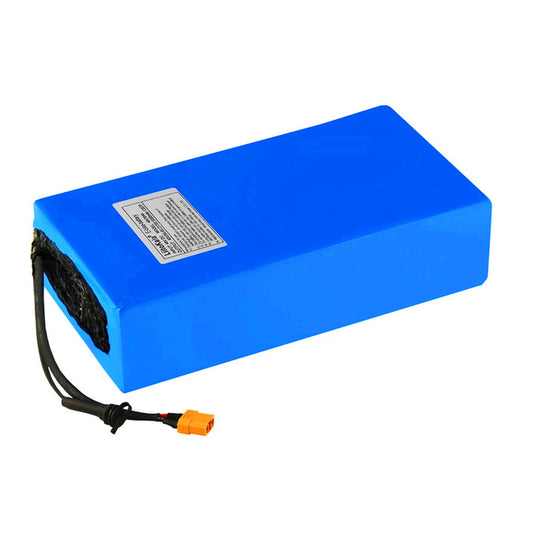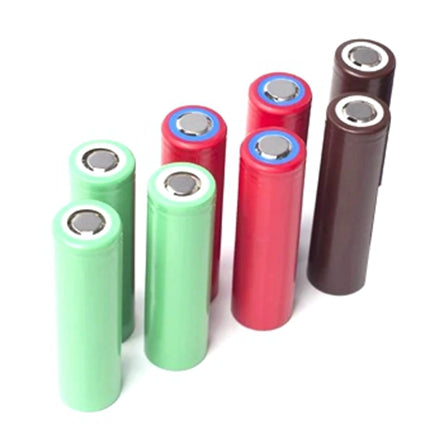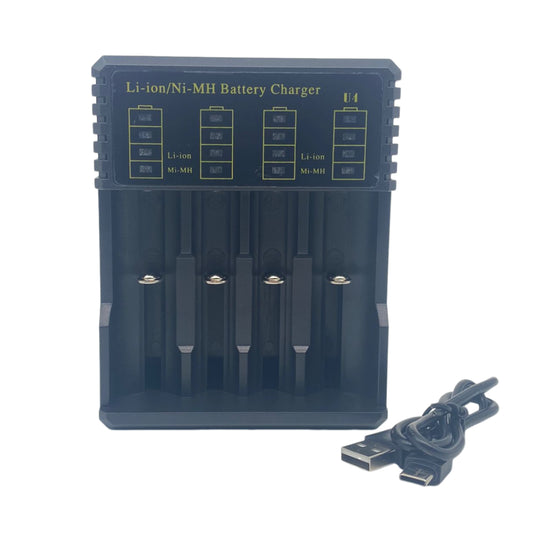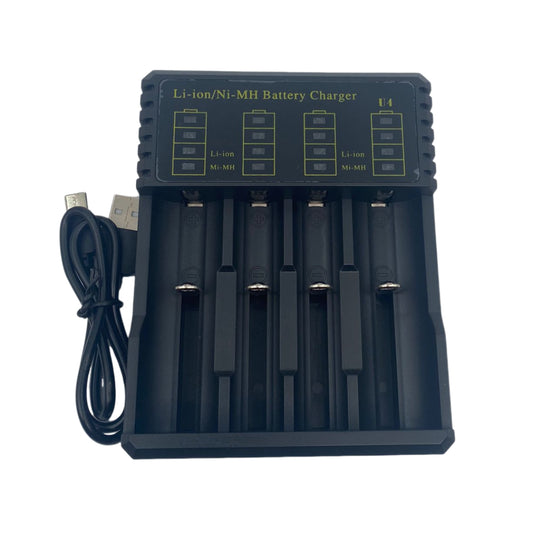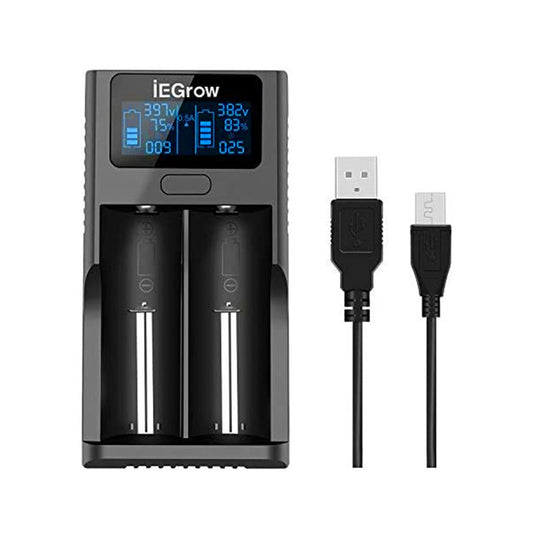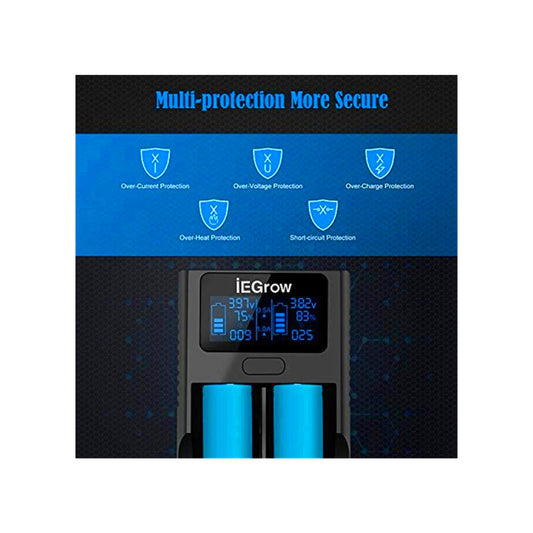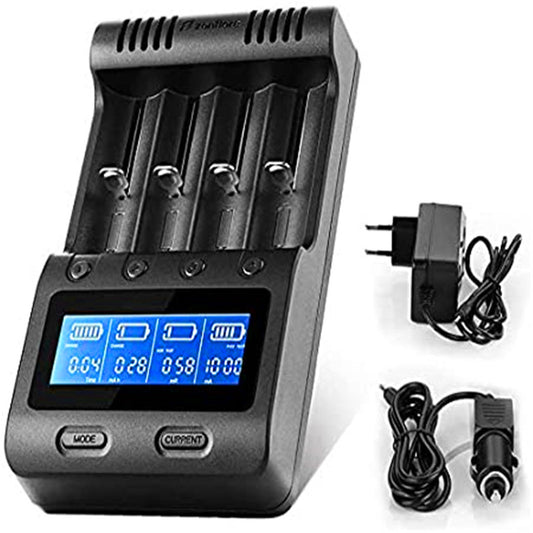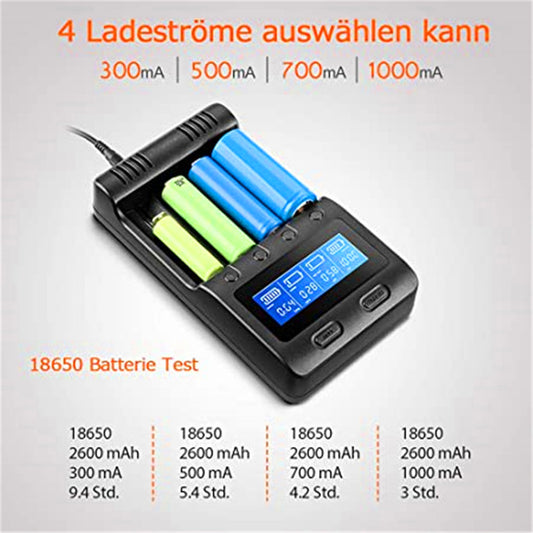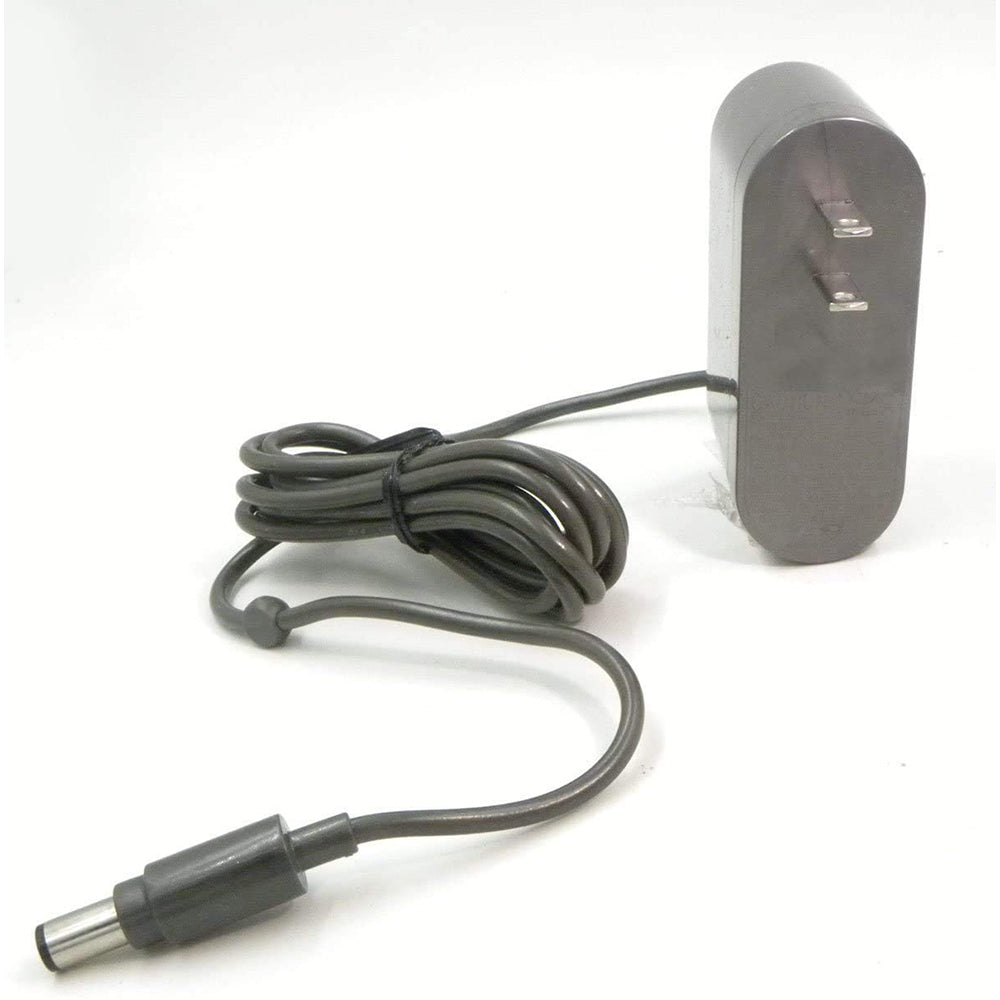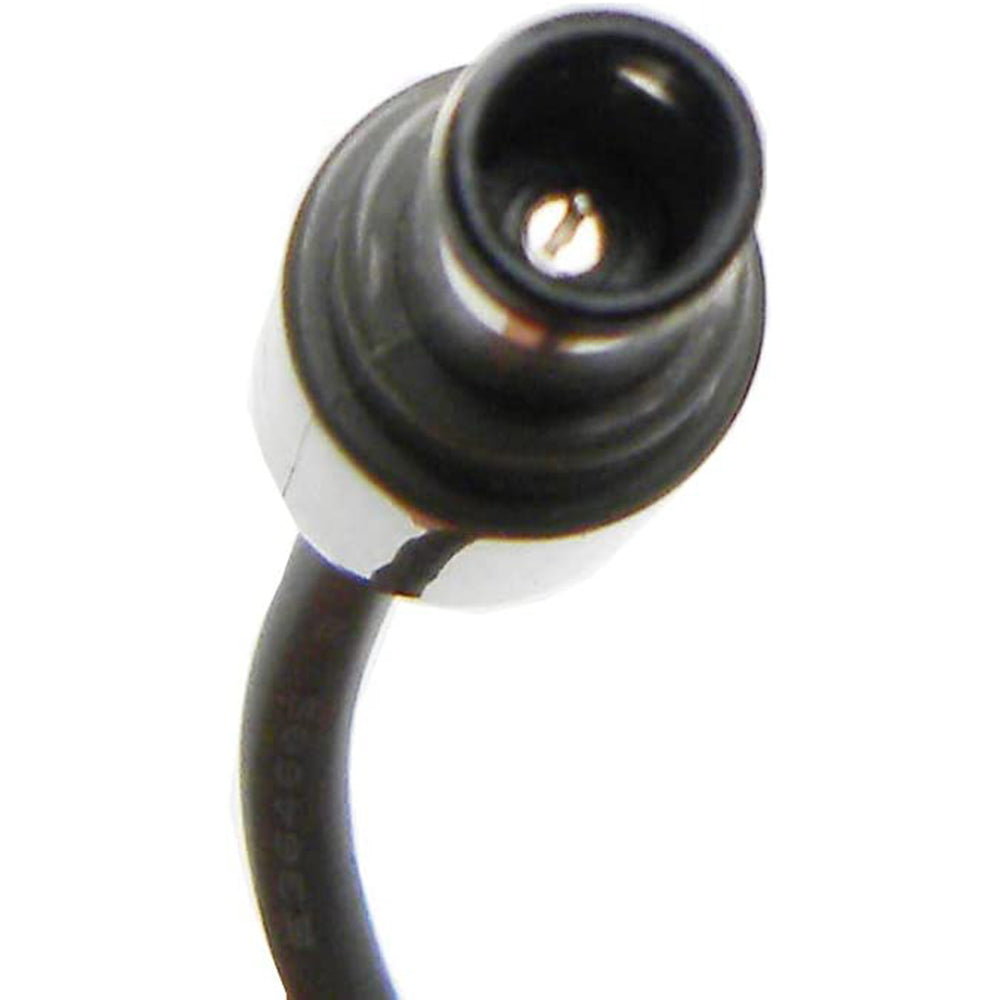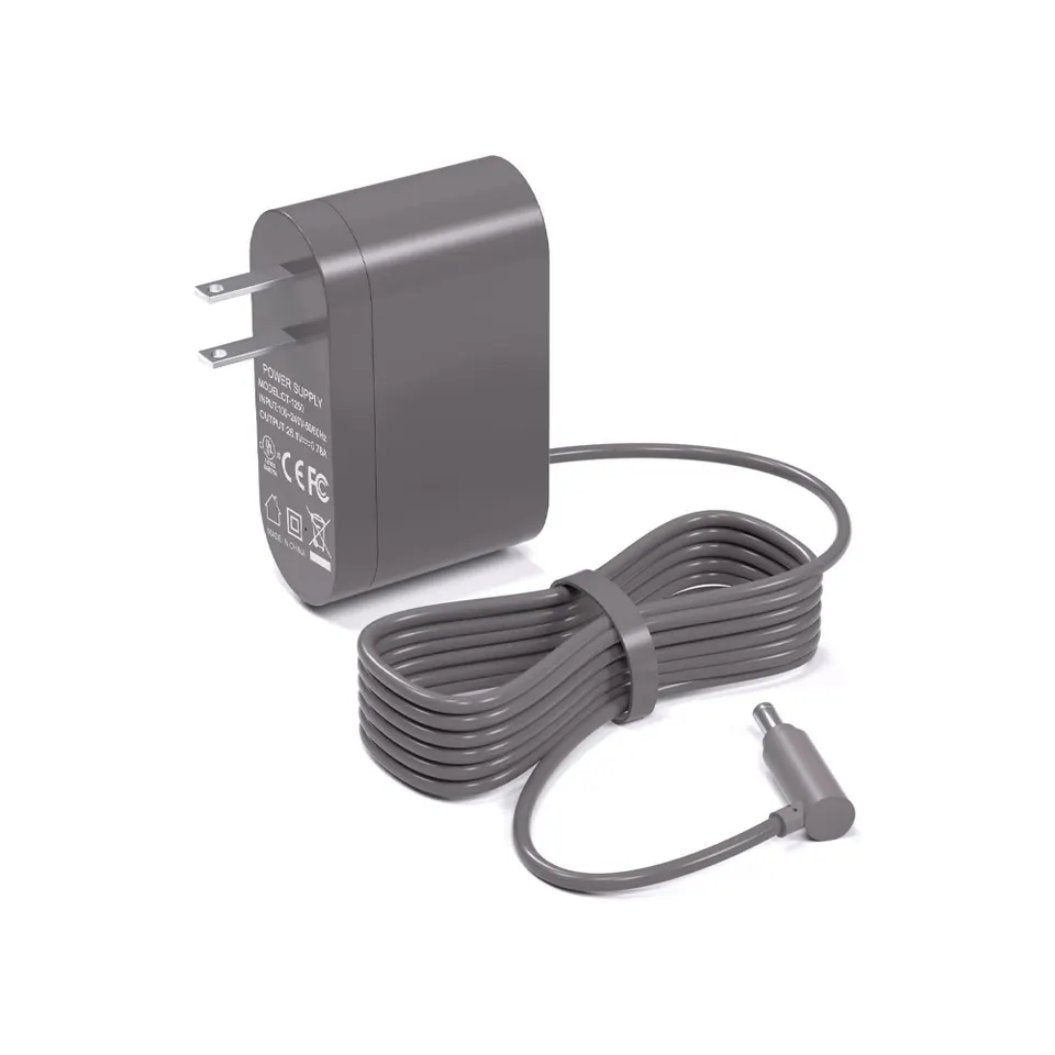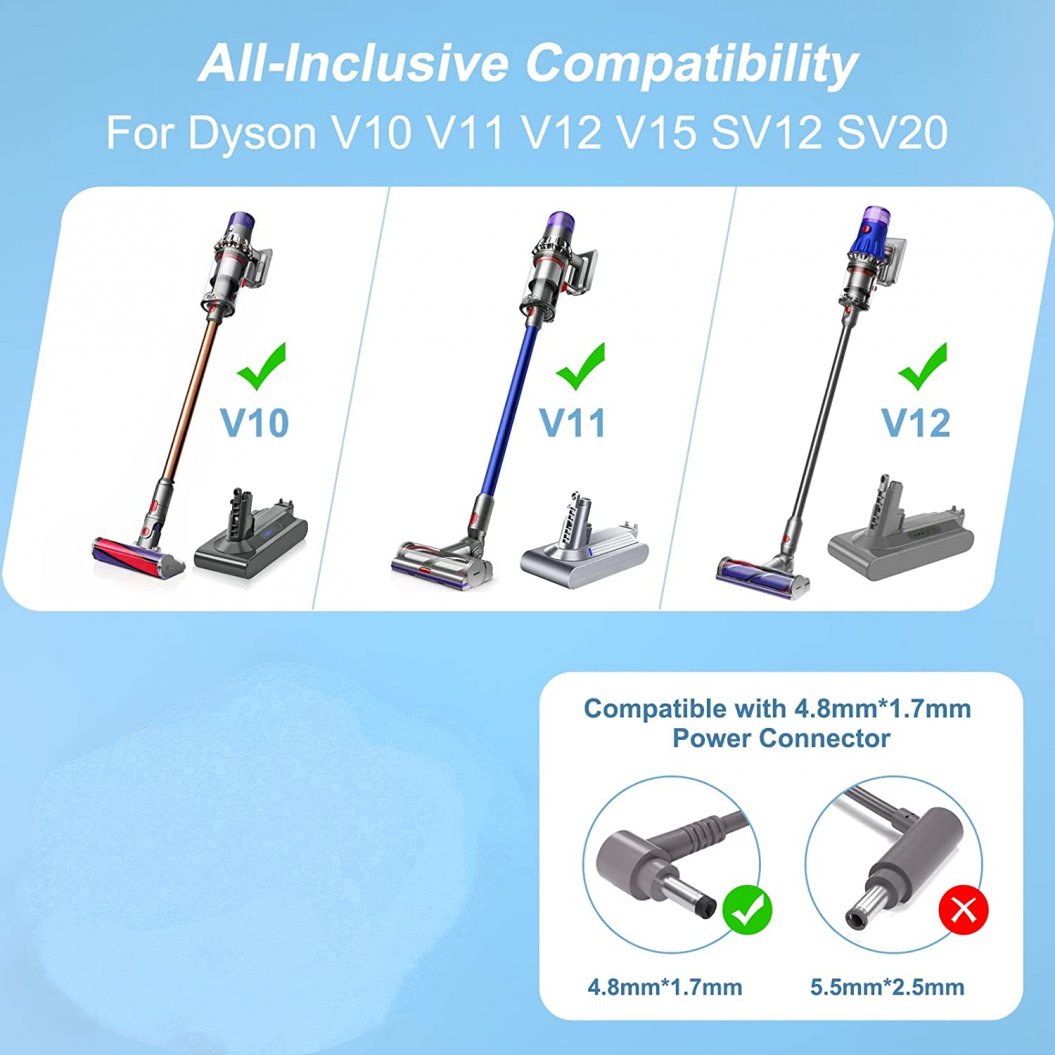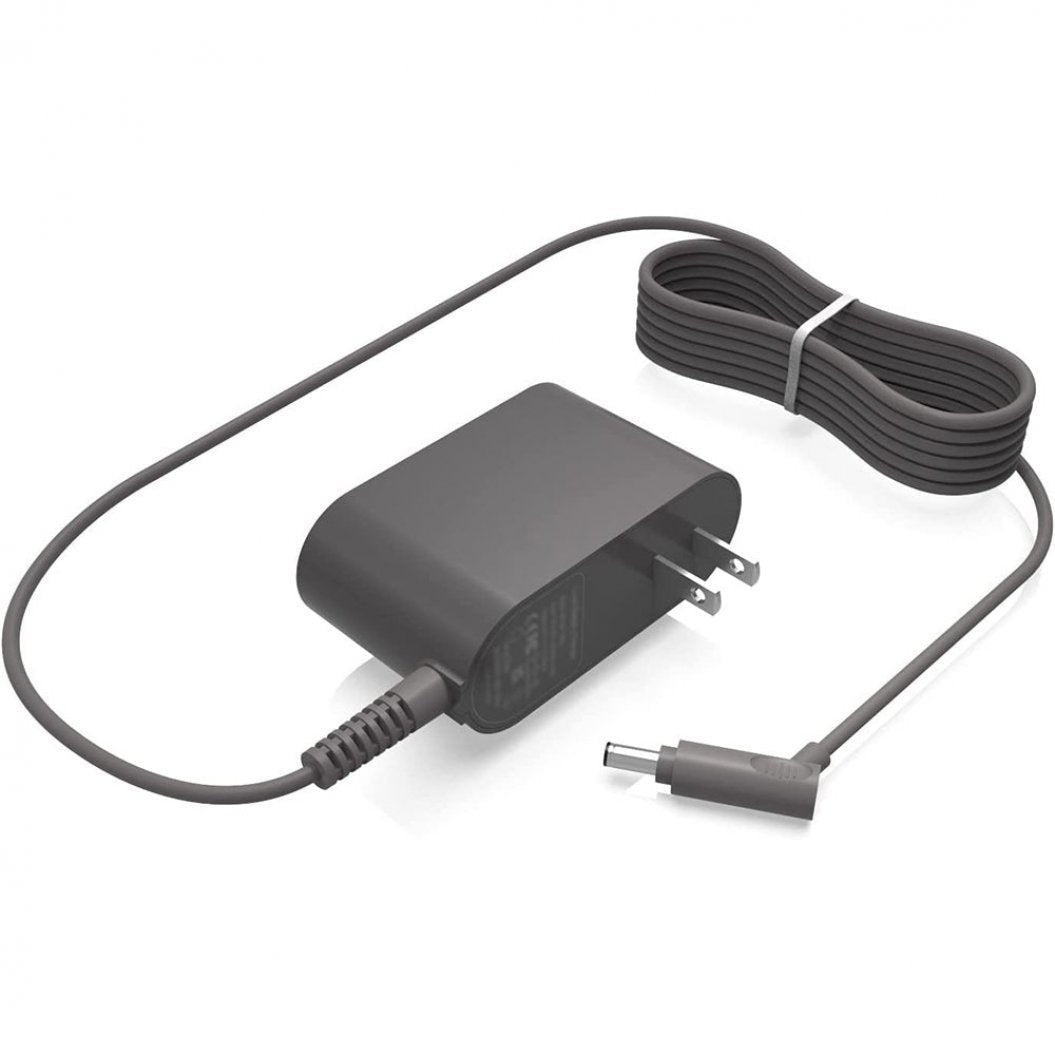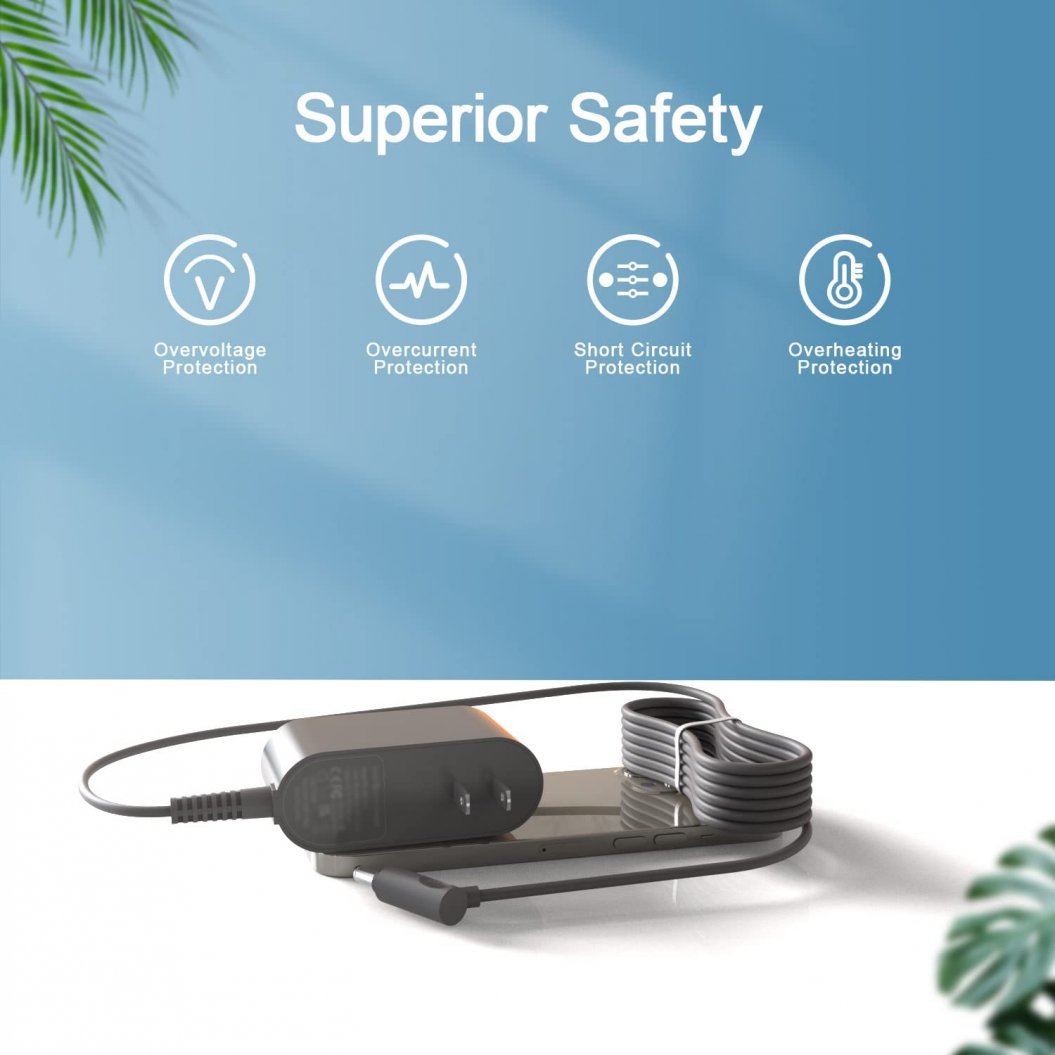-
Vendor:BATTERYINT
24.35V Charger for Dyson Vacuum Cleaner DC30 DC31 DC34 DC35 DC44 DC45 DC56 DC57 Charger Model: 917530-11 01 02 17530-02 03
- Regular price
- $16.99
- Regular price
-
- Sale price
- $16.99
- Unit price
- per
24.35V Charger for Dyson Va... -
Vendor:BATTERYINT
30.45V Charging Cable Charger for Dyson V10 V11 SV20 SV22 Vacuum Cleaner 6ft Dyson Power Supply
- Regular price
- $17.99
- Regular price
-
- Sale price
- $17.99
- Unit price
- per
30.45V Charging Cable Char... -
Vendor:BATTERYINT
21.6V AC Charger Replacement for Dyson V8 V7 V6 Cordless Vacuum Cleaner Power Supply Adapter
- Regular price
- $21.99
- Regular price
-
- Sale price
- $21.99
- Unit price
- per
21.6V AC Charger Replacemen...
Showing 1 -3 of 3 items
1. What is a 32700 lifepo4 battery?
The 32700 LiFePO4 battery is a cylindrical lithium iron phosphate battery with dimensions of 32 mm in diameter and 70 mm in height. Known for its high energy density and excellent safety profile, this battery is often used in applications that require long-lasting, reliable power. The LiFePO4 chemistry in 32700 cells makes it safer than other lithium-ion options due to their thermal stability and resistance to overheating, which is why the 32700 model is frequently chosen for demanding energy storage applications.
2. What are the typical uses of a 32700 lifepo4 battery?
The 32700 LiFePO4 battery is popular in various applications such as solar energy storage, electric vehicles, backup power systems, and power tools due to its high energy output and durability. Its size and chemistry make it ideal for projects that need a balance of compact design and substantial power output. Additionally, 32700 lifepo4 cells are a preferred choice for portable power stations and emergency systems where consistent performance and safety are paramount.
3. How long does a 32700 LiFePO4 battery last?
The lifespan of a 32700 lifepo4 battery typically ranges between 2,000 and 4,000 cycles, depending on usage and environmental factors. This durability makes 32700 lifepo4 cells more long-lasting than other lithium-ion options, which commonly last between 500 and 1,000 cycles. With proper care, including avoiding overcharging and exposure to extreme temperatures, these batteries can perform reliably for many years, offering a cost-effective solution for those looking for long-term energy storage.
4. Is the 32700 lifepo4 battery suitable for cold environments?
Yes, the 32700 LiFePO4 battery can operate in colder environments, but very low temperatures can affect its performance. Generally, 32700 cells perform well down to around -20°C (-4°F), though discharge rates may slow, and capacity can be reduced. To ensure the best performance, store and operate the battery within its optimal temperature range, and if frequently used in cold climates, consider adding a heating element to help maintain efficiency.
5. How does the safety of the 32700 LiFePO4 battery compare to other lithium-ion batteries?
The 32700 lifepo4 battery is among the safest lithium-ion batteries due to its stable chemistry. Unlike other lithium-ion batteries, 32700 lifepo4 cells are resistant to thermal runaway, making them less likely to overheat, catch fire, or explode. This high level of safety makes them suitable for applications where safety is critical, such as home energy storage and electric vehicles. Additionally, these batteries are more environmentally friendly as they do not contain toxic metals like cobalt or cadmium.
6. How do I properly charge a 32700 LiFePO4 battery?
To charge a 32700 LiFePO4 battery, use a charger designed specifically for LiFePO4 chemistry, as it ensures safety and optimizes battery life. Chargers for 32700 cells usually follow a constant current/constant voltage (CC/CV) profile. You simply connect the battery to the charger and allow it to reach full capacity, which generally takes a few hours depending on the charger’s output and the battery’s capacity. Avoid using chargers meant for other chemistries, as they may damage the LiFePO4 cells and shorten their lifespan.
7. What are the main benefits of using a 32700 lifepo4 battery over other types?
The 32700 LiFePO4 battery offers several benefits, including a longer lifespan, enhanced safety, and better thermal stability. The chemistry in 32700 cells makes them more resilient to high temperatures and less prone to issues like thermal runaway, which is a significant safety advantage. Additionally, these batteries maintain a consistent voltage throughout their discharge cycle, delivering reliable power until they are nearly depleted, and they support deep discharge without substantial degradation, making them ideal for high-demand applications.
8. Can the 32700 LiFePO4 battery be used in series or parallel configurations?
Yes, the 32700 LiFePO4 battery can be connected in series or parallel to adjust the overall voltage or capacity, depending on the project requirements. Connecting 32700 cells in series will increase the total voltage, which is useful for applications requiring higher voltage outputs, while a parallel configuration will boost the capacity, extending runtime. It’s essential to use cells with matching specifications and a battery management system (BMS) to ensure balanced charging and discharging, maximizing the cells’ efficiency and lifespan.
9. What precautions should I take when storing a 32700 LiFePO4 battery?
For long-term storage, keep the 32700 LiFePO4 battery at about 50% charge to prevent over-discharge or overcharge, which can reduce its lifespan. Store 32700 cells in a cool, dry location, out of direct sunlight, as high temperatures can speed up aging. It’s advisable to check the battery periodically and recharge it if necessary to maintain the optimal storage charge level, which helps preserve the battery’s overall performance and extends its useful life.
10. Are there any environmental benefits to using a 32700 LiFePO4 battery?
The 32700 LiFePO4 battery is more environmentally friendly than many other lithium-ion batteries because it lacks toxic metals like cobalt, lead, or cadmium. Additionally, 32700 lifepo4 cells are stable and generate less waste over time, thanks to their long cycle life. When disposed of properly, these batteries have a smaller environmental footprint, and many of their materials can be recycled. By following local disposal and recycling guidelines, you can further reduce the environmental impact of using LiFePO4 batteries.


